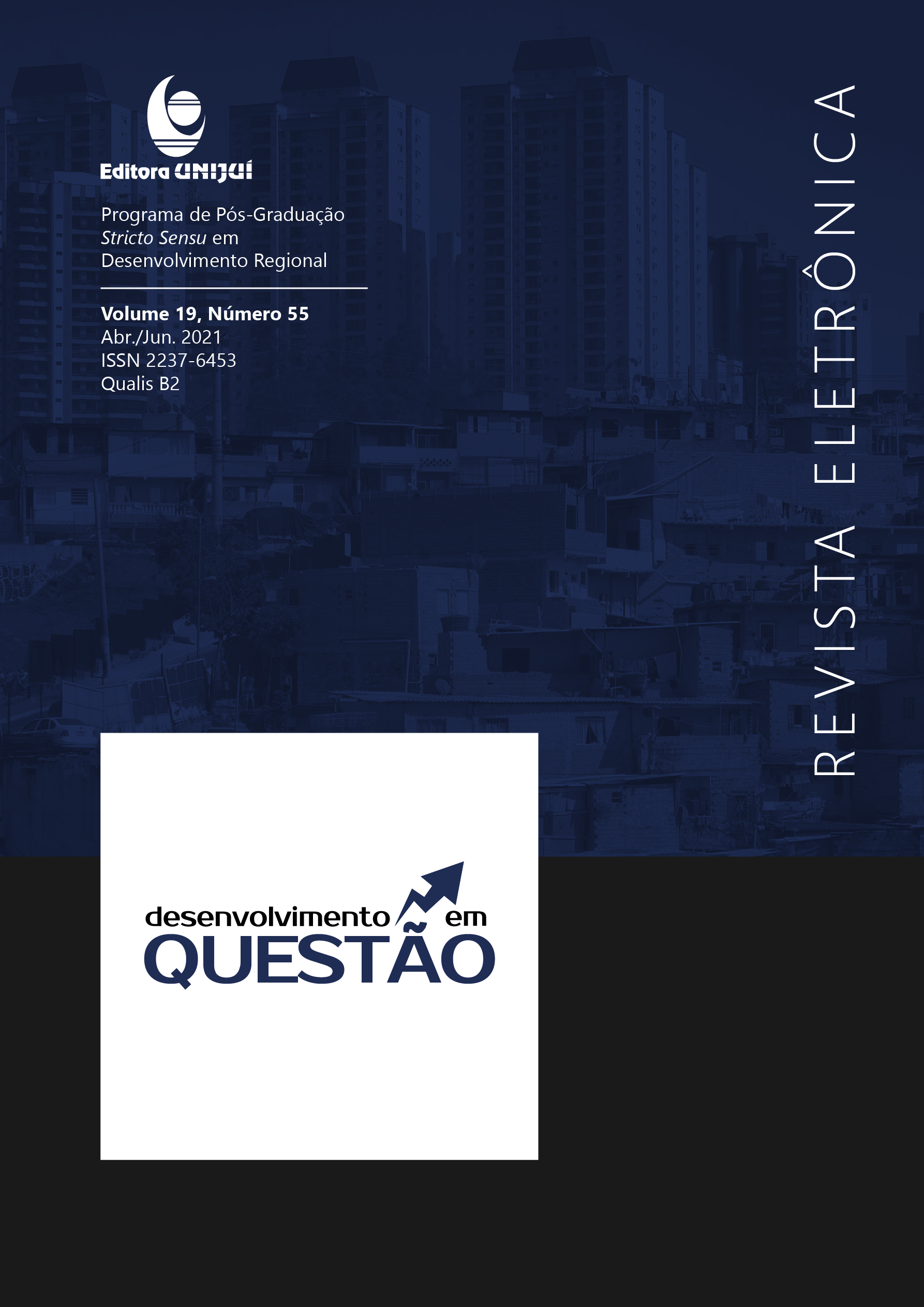VALUE CO-CREATION AND CUSTOMER SATISFACTION IN PROFESSIONAL EDUCATION: THE CASE OF SENAC-RS
VALUE CO-CREATION AND CUSTOMER SATISFACTION IN PROFESSIONAL EDUCATION: THE CASE OF SENAC-RS
DOI:
https://doi.org/10.21527/2237-6453.2021.55.11092Keywords:
Co-creation. Professional education. Service-dominant logic. Customer Satisfaction.Abstract
In the context of co-creation, the development of an educational environment is not restricted to the classroom, but involves all sectors of a school, with transparency and attention in the customer service. The objective of this article is to analyze how value creation in professional education services influences customer satisfaction. The dimensions of value creation (information search, information sharing, feedback, lesson planning and engagement and satisfaction and recommendation of the school) were identified in the literature, applicable to the process of elaboration and development of professional education courses, construction of instruments for analysis. The methodology used was a case study, addressing two professional qualification courses. The results contribute to a better understanding of value creation in the context of professional education, helping to understand how value creation occurs in classroom experiences and the educational environment in which the client is inserted.
Downloads
Published
How to Cite
Issue
Section
License
By publishing in Revista Desenvolvimento em Questão, authors agree to the following terms:
All works are published under the Creative Commons Attribution 4.0 International License (CC BY 4.0), which allows:
Sharing — to copy and redistribute the material in any medium or format;
Adaptation — to remix, transform, and build upon the material for any purpose, even commercially.
These permissions are irrevocable, provided that the following terms are respected:
Attribution — authors must be properly credited, a link to the license must be provided, and any changes made must be indicated.
No additional restrictions — no legal or technological measures may be applied that legally restrict others from doing anything the license permits.
Notices:
The license does not apply to elements that are in the public domain or covered by legal exceptions.
The license does not grant all necessary rights for specific uses (e.g., image rights, privacy, or moral rights).
The journal is not responsible for the opinions expressed in the articles, which are the sole responsibility of the authors. The Editor, with the support of the Editorial Board, reserves the right to suggest or request modifications when necessary.
Only original scientific articles presenting research results of interest that have not been previously published or simultaneously submitted to another journal with the same purpose will be accepted.
Mentions of trademarks or specific products are intended solely for identification purposes and do not imply any promotional relationship by the authors or the journal.
License Agreement (for articles published from 2025 onward): Authors retain the copyright to their article and grant Revista Desenvolvimento em Questão the right of first publication.











